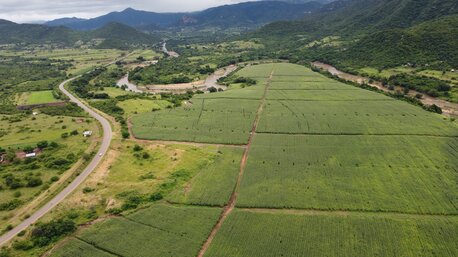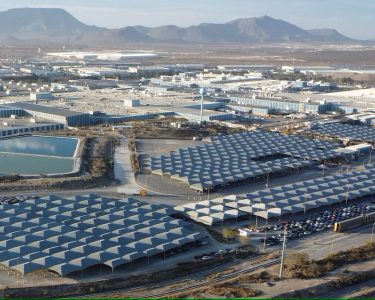By Zwelihle Sukati
The Eswatini Water and Agricultural Development Enterprise (ESWADE) and National Maize Corporation (NMC) have been mandated to increase the production of maize in the country by the government, through the Ministry of Agriculture, with a total financial requirement of over E44 million for this programme.

And the good news is that consumers will have access to good quality maize and its value-added products, as well as relief from the ever-escalating prices of this country’s stable food commodity, ESWADE has projected.
To be precise, the financial requirement of this programme is E44 812 500 and has already been approved by the government for financing.
The amount includes the facilitation fees.
About E20 million was allocated for this programme which started in the 2021/2022 farming season.
Farmers with a production capacity of five hectares or more are targeted for this programme in all regions of the country.
The starting point has been farmers already contracted with NMC but remains open to any farmer who meets this requirement and is willing to produce through a clustering approach, according to ESWADE Communications Manager Nokwazi Hlophe.
Eswatini Financial Times understands that this programme is meant to attract even more financing through Private partnerships as it operates under the umbrella of Producer Private Public Partnership.
Hlophe explained the role of ESWADE as that of providing inputs through a revolving fund that has been set up and managed for effective disbursement and recovery of inputs and farm operations funds to aggregated smallholder farmers on Swazi Nation Land.
“(And) The role of NMC is to guarantee a market to local maize farmers at competitive prices and provide good quality maize-meal at reasonable prices to Emaswati and increase the maize silos from at least 23 000 metric tons to 45 000 metric tons.”
Hlophe said both parastatals have been tasked to develop the maize industry in the country and assist to reduce the food import bill.
This she said would result in stable, resilient, and sustainable maize production in the country.
“The programme is not merely targeting a fixed number of farmers but targets to facilitate maize production on 10,000 hectares based on the yield potential of six tons per hectare,” Hlophe further explained.
When ask if the programme would see a reduction in maize importation, she responded in the affirmative.
“Yes, since the total national maize demand of the country is 160,000 metric tons, while the current local production is 100,000 metric tons and there exists a deficit of 60,000 metric tons.”
Therefore, she said the programme will close this gap by powering Emaswati to venture into maize production and attracting financial institutions to offer financing for the farmers to upscale production on the available and underutilized farmlands.
“Consumers will be relieved of the ever-escalating prices of this country’s stable food commodity since NMC will concentrate efforts on local purchasing of maize, and in the process cutting down on transportation and other logistical importation fees.”
Hlophe also highlighted that even though the price of any commodity was driven by many factors, for example, the escalation of input costs, “but still it will be cheaper than exporting the maize”.
She said the local production will sustainably provide food and generate reciprocal wealth for Emaswati.
It is also understood that Emaswati have already shown great interest in the programme and were looking forward to the upcoming production season.
Also, the Ministry of Agriculture has also provided ESWADE with the permission to utilize the existing Government farms to increase the maize production in the country.
“Any farmer who is interested in this programme can contact our head office and engage our Chief Agronomist Robert Mabundza who is our focal person.”




